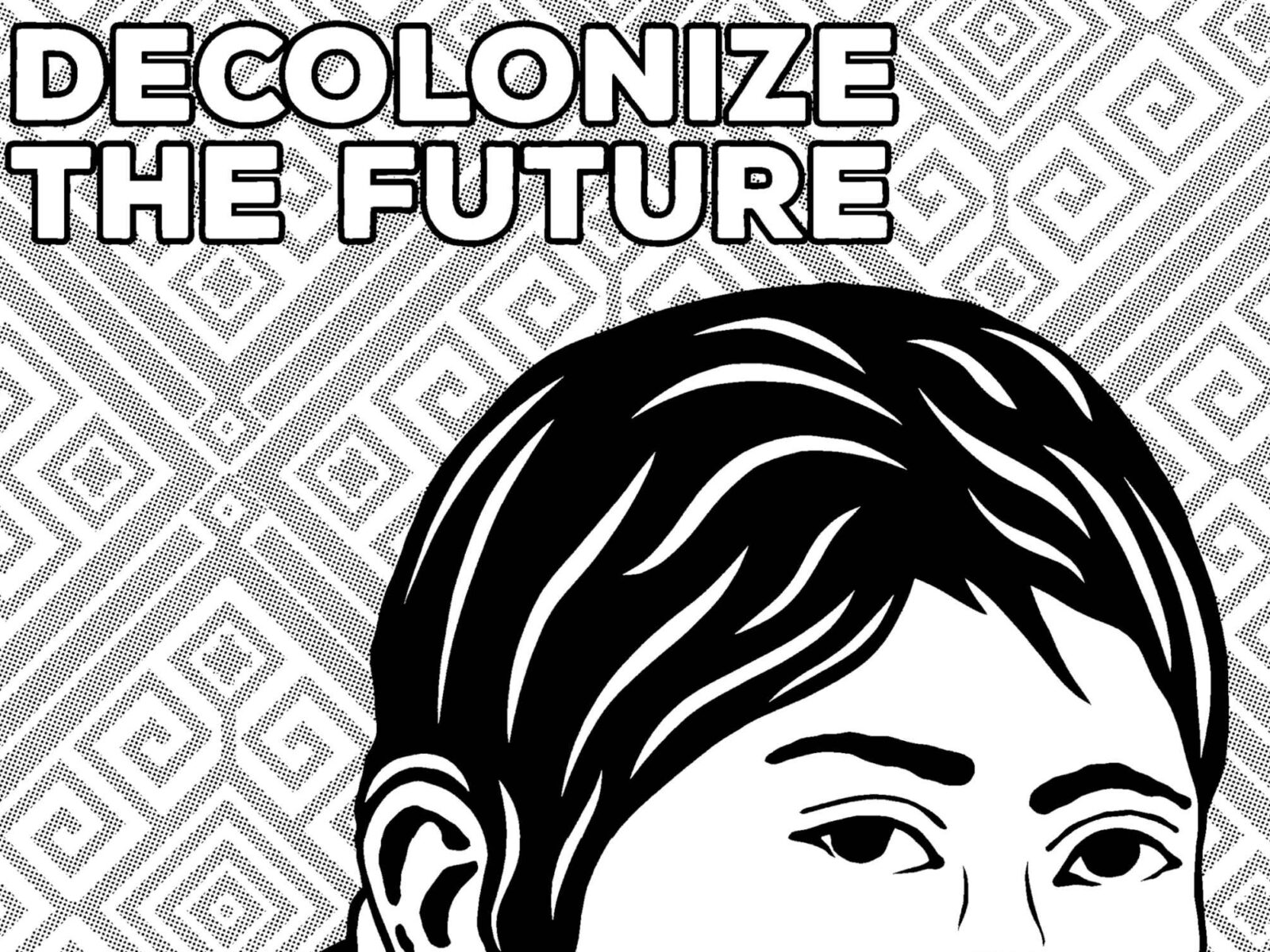Decolonizing Antiracism: Indigenous Imagination for Our Future
By: The JTM Team

By: The JTM Team

Our churches and Christianity itself have played a significant role in establishing, perpetuating, and justifying settler colonialism. So, our churches also have a significant role to play in decolonizing not only our minds, bodies and spirits, but also our work for racial justice.
As with all justice-making, the people best equipped to lead us in this work are the people most impacted by the injustices that demand our attention and amends. So this collection of stories, resources, toolkits and webinars centers Indigenous scholars, theologians, communities and activists to guide us as we all take up our roles in this ongoing work.
This series seeks deepen our movement toward racial justice by exploring questions like:
Check out some of our new resources:
Books:
Videos:
Webinars:
SHARE THIS NEWS ARTICLE
Sign up to receive alerts about new stories and resources. You’ll also enjoy our Join the Movement newsletter, featuring changemaker profiles, reflections on current events in the movement toward racial justice, and more. Get sneak previews and information about upcoming events, workshops and webinars.

